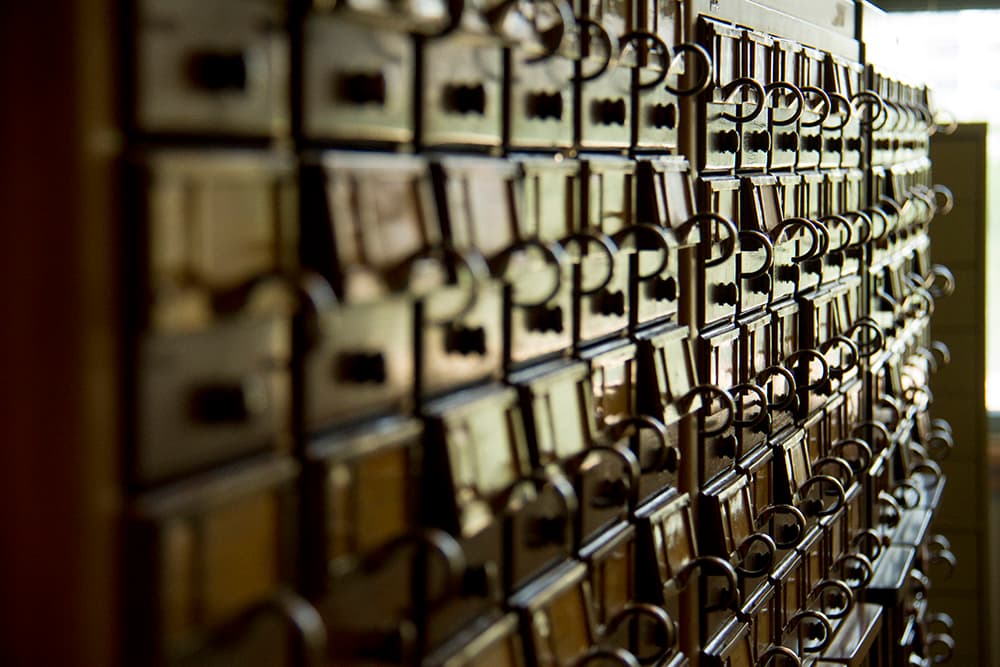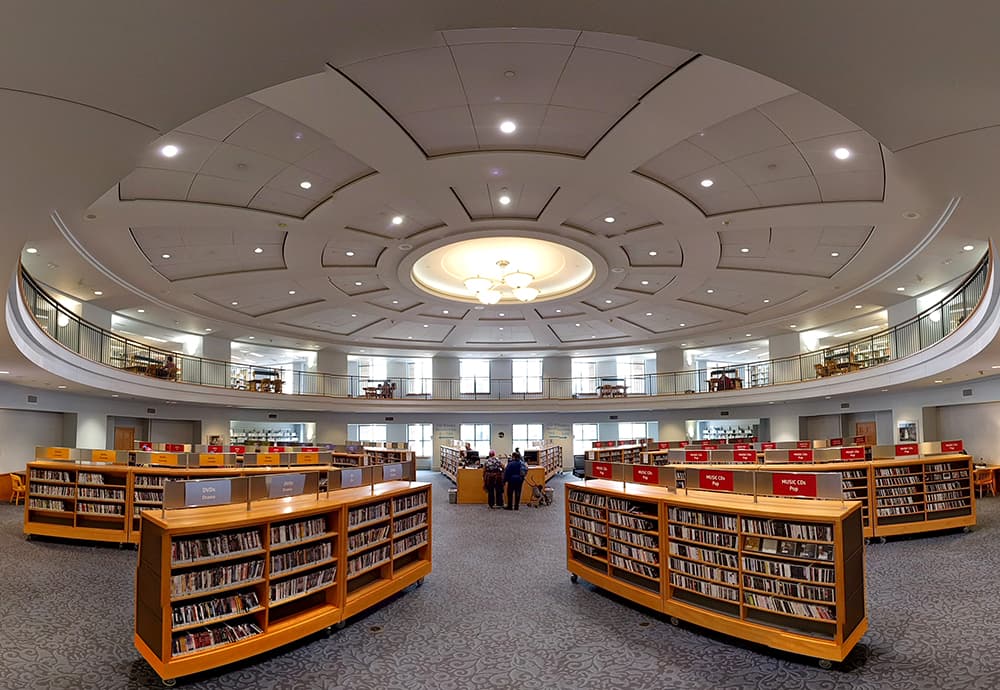
Borrowing an e-book from the library is a wonderful thing. A tap of the finger can deliver a digital title straight to a Kindle. But it only works if you can find a book to borrow, and that's more difficult than you might expect in the information age.
At one recent check, all the new releases on the homepage of the e-books catalogue were running a wait-list. Only a portion of them are available for Kindle. And the waitlists on popular e-books never quite die down, unlike their print versions, Hansen said.
"The waiting lists are really frustrating," says Joan Hansen, who supervises the development of Denver Public Library's circulating collections.
But this isn't an article about waitlists. This is an article about how the rise of e-books is changing the core philosophy and purchasing power of American libraries.
The popularity problem:
Don't get me wrong: Denver Public Library has a convenient and lovely e-book system, especially if you have some patience. (The catalogue is at denver.overdrive.com.)
In fact, the surface-level issue is that it's a little too good. People are devouring e-books.
Originally, Hansen and her fellow librarians expected that e-books would only be popular as textbooks that we read on our desktop computers. Funnily enough, it was romance publishers that first really figured out their potential. (Stephen King also had an early smash with a digital-only release in 2000.)
The other genres eventually followed suit, and the introduction of the Kindle in 2007 opened the floodgates.
Last year, Denver's patrons for the first time logged more than a million check-outs of digital titles, making up more than 10 percent of circulation. Considering the library only has about 40,000 e-book titles, you can see how supply is running ahead of demand.
Yet there's also something deeper at play here.
E-books are changing the economics and the philosophy of libraries.
"E-books are sort of fundamentally different for libraries than book-books," Hansen explained. Physical books run under a century-old precedent that says that if you own a book or other title, you're free to give it away, lend it or sell it. That's the "first sale" doctrine, established by both the Supreme Court and Congress.
But that freedom doesn't apply to digital information, for the simple reason that in lending the book, "a copy would exist on both the library's system and the user's system," as Matthew Chiarizio explained in Vanderbilt Law Review. Trippy.
Anyway, the net result is that the library can't just buy one e-book and make it available to everyone simultaneously. That's probably good, since unlimited distribution would destroy the publishing market.
"If they want to sell e-books, they need to create some friction," Hansen said.
However, the rules allow publishers to get a lot more demanding about how e-books are used.

In fact, the library rarely "owns" a digital title.
"We’re really purchasing licenses," Hansen said. And those licenses come with restrictions. Generally, she only gets to lend the book so many times before the publishers want another payment. A typical license from HarperCollins grants 26 lends for about $12 to $25, Hansen said.
(Frustratingly, she can't lend it out to all 26 people at once, which is part of why the waitlists happen. And, frustratingly for me, you can't keep an e-book past its due date if others are waiting, meaning you're SOL if you don't finish in time.)
If Hansen wants to buy permanent rights to an e-book, it might cost about $60, she says. A physical copy would cost only $14 with her library discount. The result is that DPL constantly has to ask whether it's worth keeping a title in the collection, limiting the overall supply of e-books.
“We pay lots of money each year for access to tens of thousands of books but we don’t own anything. We cancel our subscription and those books are gone," wrote librarian blogger Meredith Farkas. (That's how I feel about Spotify, too.)
Overall, Denver spends about $850,000 a year on e-books and $1 million on books, but the gap's far from closed. "We still have a lot more circulation in print," Hansen said. "I think we keep the e-book circulation kind of artificially low because of budget."
And, moreover, the publishers can simply take away access to books and other digital titles. Amazon, for example, has pulled audio that the library once could access through the service Brilliance Audio, which Amazon bought.
Amazon also hasn't given libraries access to some of the digital materials it publishes directly, Hansen said.

Now, in fairness, e-books come with some benefits for the library.
You don't have to pay for physical space to store them, and you don't have to pay staff to rack them, though the library does pay the vendor OverDrive to maintain its collection. They also don't fall apart, which is another reason that publishers don't like to sell permanent copies.
And the licensing system also allows the library to quickly get hold of and later get rid of excess copies of popular new books.
Still, the increasing popularity of e-books will put more and more power into publishers' hands, creating an ongoing dilemma for libraries. Hansen anticipates that acquisition costs will stay high for e-books.
And despite decades of efforts, including a couple of proposals in the U.S. Congress, there's no sign that the current interpretation of the law on lending will change.
But Hansen is optimistic about e-books.
"I think as long as we can keep the dialogue open with vendors and publishers about what will work with us -- hopefully they see some benefit to this relationship too and we can keep it reasonable," she said.
"We’re a physical space where people can come and discover content. There aren’t that many bookstores anymore. So hopefully they realize it's mutually beneficial."
Oh, and one more thing: While e-books are gaining in popularity, Hansen said, demand for print in Denver is holding steady. In conclusion, go to the library.
Correction: This article originally included an incorrect name for the first sale doctrine.












